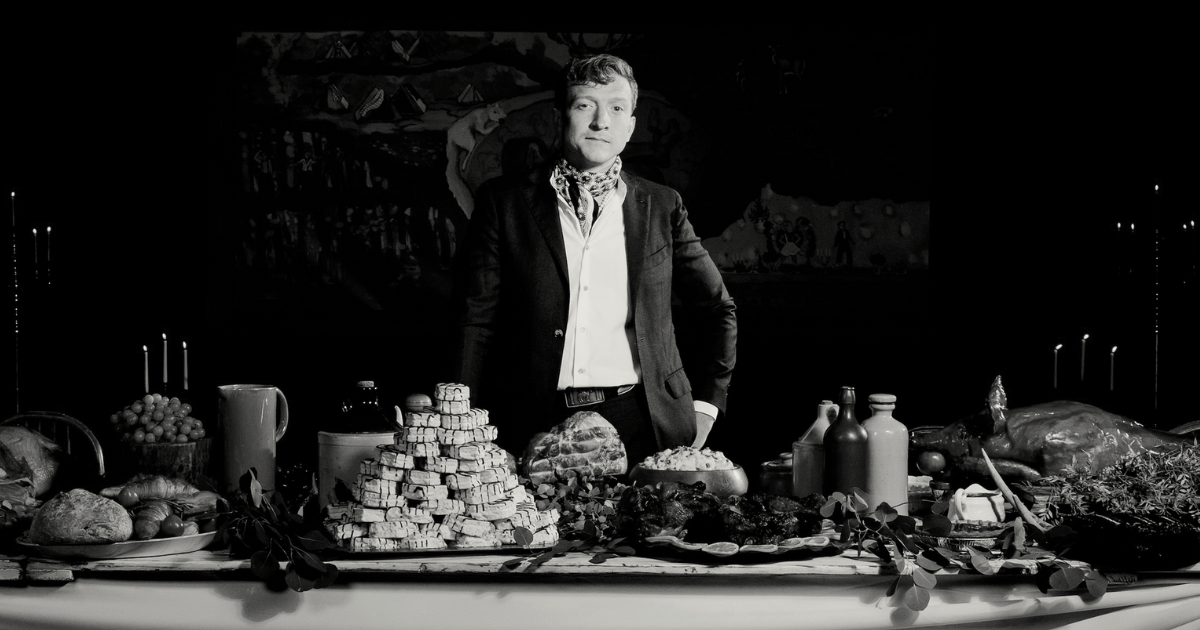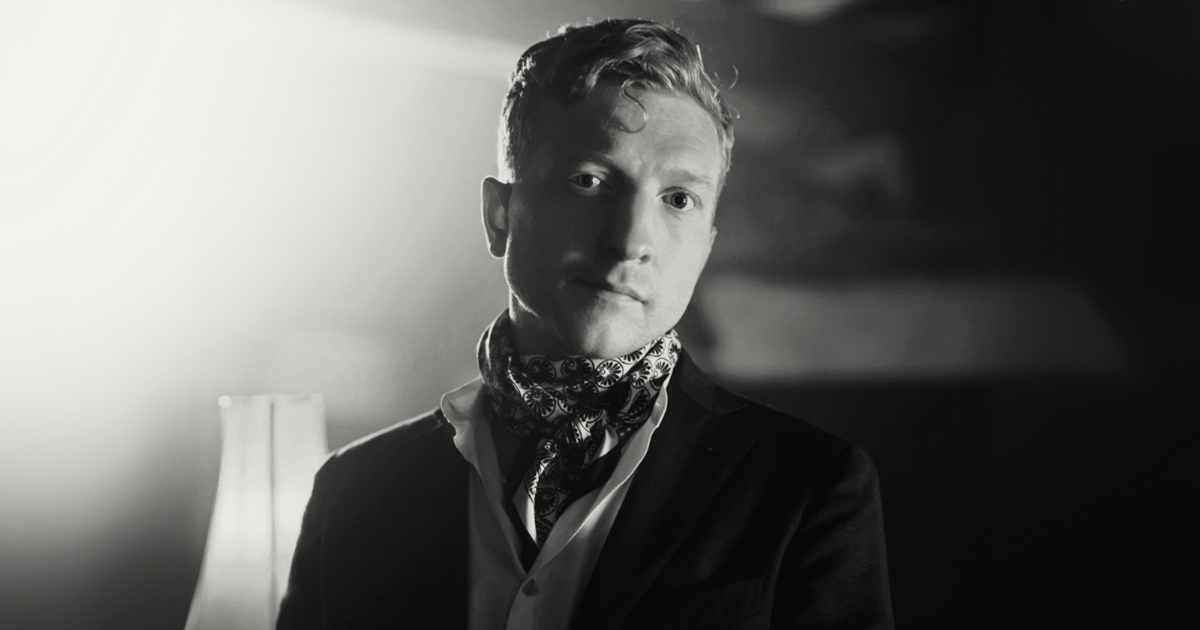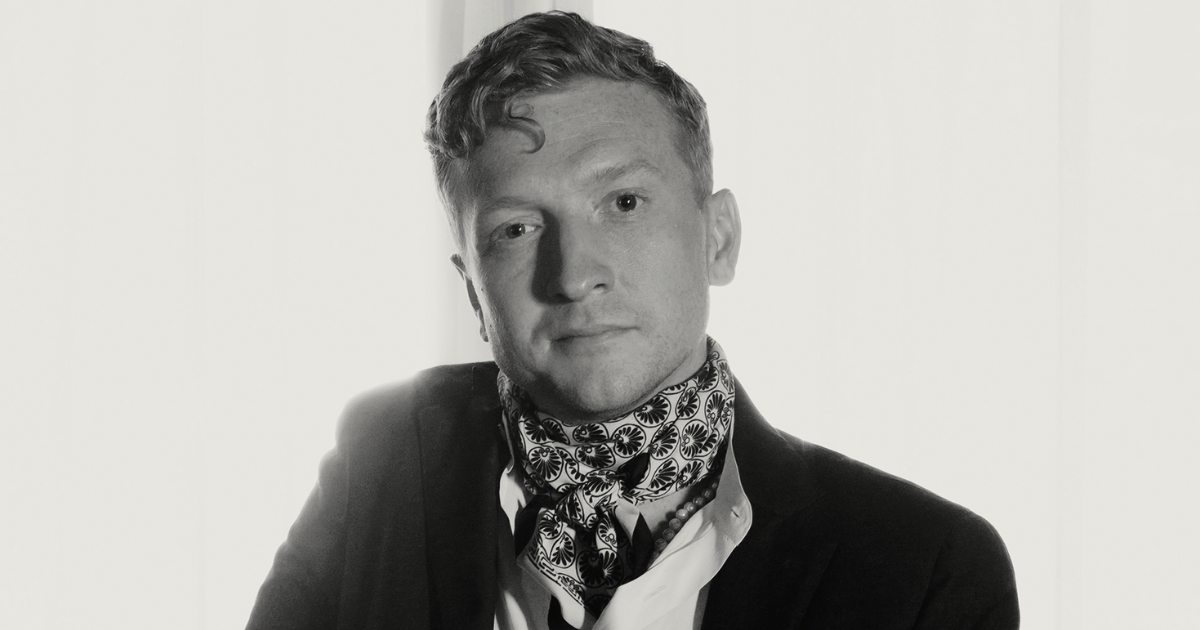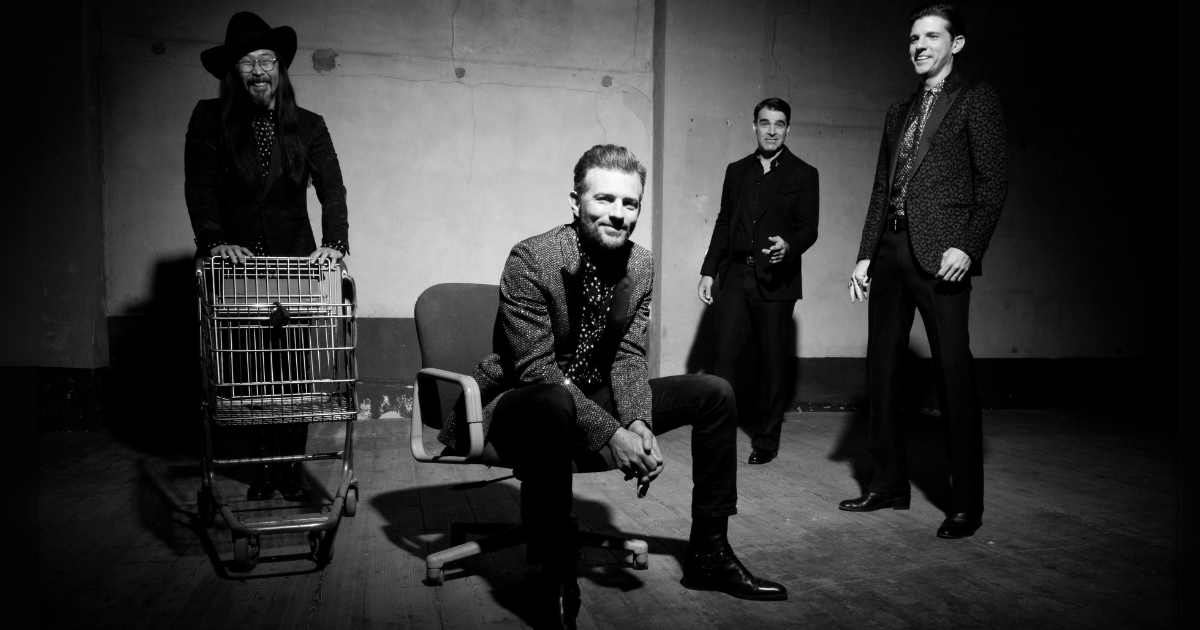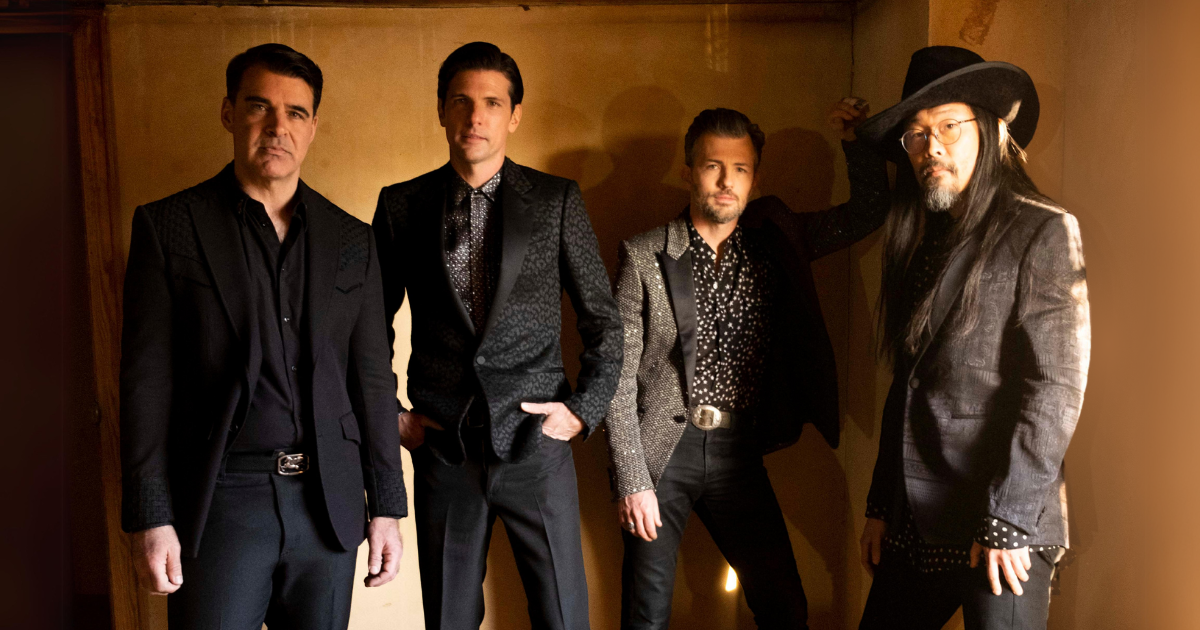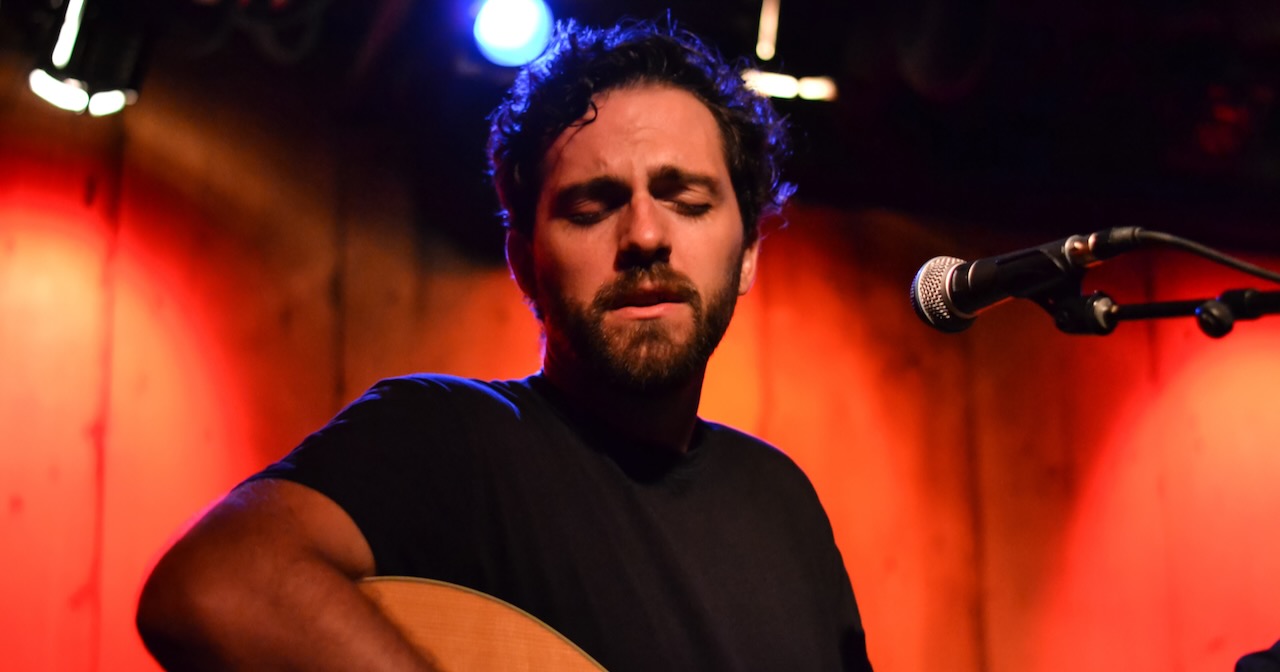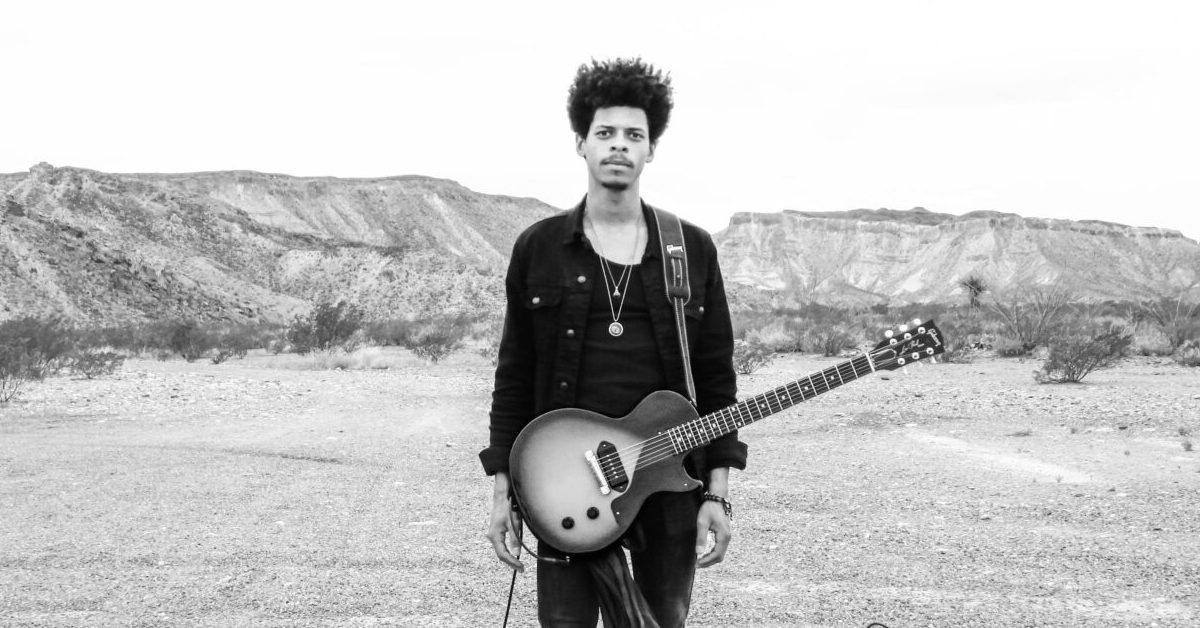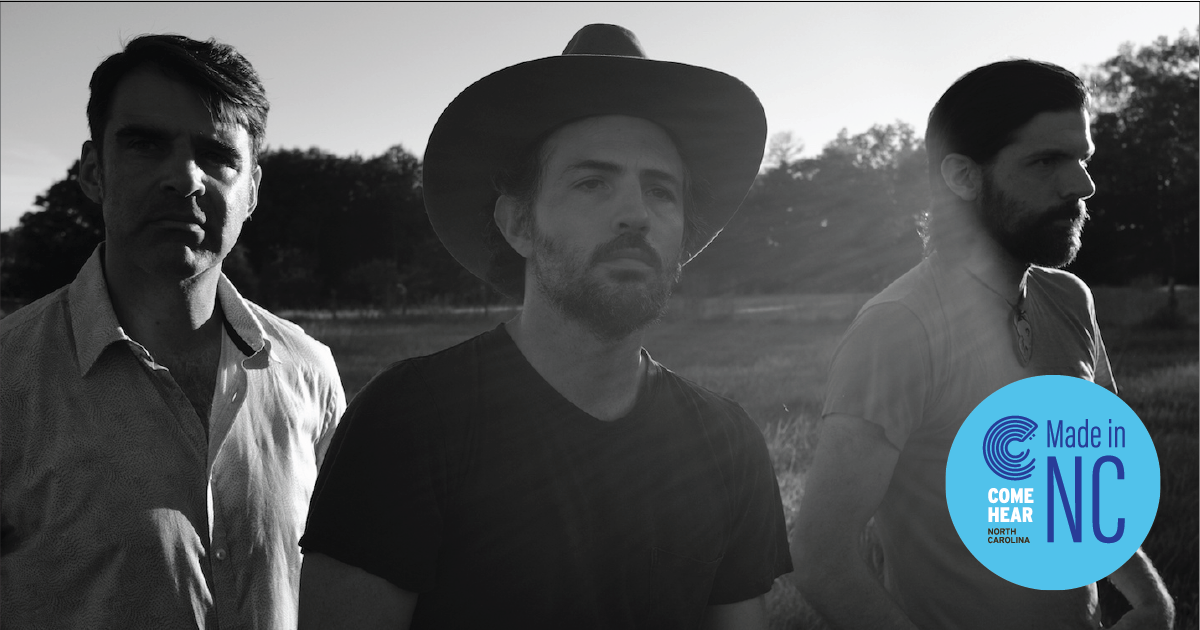I remember my very first snipe hunt. I was a teenager and my family, along with a handful of others, had recently left our former congregation, deciding to spend each Sunday alternating between our various houses to hold “home church” instead. This particular Sunday afternoon, we had already finished our DIY service, had enjoyed our shared meal, and were sitting scattered in lawn chairs and on the front porch of a humble little brick home in the foothills of southeastern Ohio.
A few of the more mischievous, prank-minded adults had begun gathering as many of the kids as possible, from toddlers to teens like me to young adults, with empty plastic grocery bags spanning the distance between our arms as we tramped off from the porch to the surrounding trees and woods. We were taught to shout, to bang sticks together or against tree trunks, and to keep those grocery bags open and ready, as the snipe were hiding above and – when correctly startled using these certified methods – would fall directly and immediately into our waiting plastic sacks.
We made attempts, we marched around, we laughed and shrieked and ran about. No, we didn’t catch a single snipe that day, but that’s not how I determined it was a prank. It was my very first snipe hunt – we weren’t a Scouts or summer camp sort of family – and still, as soon as they began passing around grocery bags, I knew a joke was being played. I wasn’t on the inside of it yet, but I knew what was happening – even though I really had no clue.
As a young teen, I had at that point spent my entire life obsessed with two things: banjo and birds. So when the jokester adults began spinning their yarn about how we were going to all catch snipe together, I knew we most certainly were not. After all, I knew Wilson’s Snipe were the only snipe species native to North America and that they preferred grasslands, marshes, beaver ponds, shorelines, and flooded meadows to lush hardwood forests in the foothills. Plus, at that time of year they would have already migrated back to their summer grounds in the north.
I had also already passed my Ohio Department of Natural Resources Hunter Safety Course – incredibly proud that I had scored 100% and hadn’t missed a single question – and knew that Wilson’s Snipe were hunted across the U.S. as upland game birds. I hadn’t hunted or bagged any, but having already spent countless hours across multiple seasons tracking down pheasant, partridge, and grouse, I knew that a grocery bag wouldn’t be our first choice if taking home snipe were really our aim.
Though I had never before been initiated into the lore or ritual of such a snipe hunt, I immediately knew what was happening, why it was happening, and – somehow, despite the odds – I overcame my primary instinct as a know-it-all bird nerd and didn’t “Um, actually…” obnoxiously and ruin the joke for everyone. I stretched out that Kroger bag and ran alongside all my home church friends as we hunted for snipe.
On July 25, Kentuckian country megalith Tyler Childers released Snipe Hunter, a Rick Rubin-produced Appalachian fever dream of an album that has had a remarkably polarizing effect across the diverse and disparate swathes of folks who profess to be Childers fans. Drawing from grunge and garage rock as often as old-time fiddle and bluegrassy mountain music, the 13 songs of Snipe Hunter are impeccable, harlequin, and mystifying. This is a fantastic collection – superlative yes, but even moreso, these songs are pure fantasy.
Being a snipe huntin’ veteran myself, as I first listened through the LP, I was floored. As each unpredictable, unhinged, unparalleled song ended and the next began I was all at once shocked and surprised, but still knew exactly what was coming next – and why. (Even though, as for that first snipe hunt as a kid, I actually had no idea what was going on. How could any of us?)
It’s just, I was already on the inside of this joke, too. While the internet (especially TikTok and Instagram Reels) quickly became swallowed up in wall-to-wall speculative videos about the album – claiming it was a prank, a litmus test, a Rorschach inkblot, a middle finger to the red hat-wearing fans who blow capillaries in their eyes screaming for “Feathered Indians” at every show – a host of folks pushed back on their front porch gliders and smiled to themselves. Because, if you’re Appalachian, or a lifelong folk musician, or even just an ardent and committed fan of true country, Americana, and bluegrass, you know exactly what this album is – and you know without a single shred of doubt that it’s not a prank.
It’s clear that many listeners feel challenged and excluded by Snipe Hunter. Many folks think it must be a joke purely because the thing is downright silly, or because Childers forsook the Sturgill Simpson or Zach Bryan trajectory he could have taken quite a few records ago and they’re still grieving what could have been. Other listeners seem to think the album is unserious not because it’s hilarious, but because they don’t hear the country in it. Or the Appalachia in it. Or the homespun, DIY, front-porch, hay-barn-recording-studio, rural-East-Kentucky-VFW-hall of it all throughout the sequence.
But to folks from inside the scenes Childers paints, to folks who’ve lived their lives in or touching on the regions he tributes with these poetic (and ugly and greasy) songs, to folks who still have grounded, everyday relationships with this type of rural mountain creativity and the folkways he draws on, this is just a standard phenotypic Appalachian country record. With more than a dash of Childers panache, of course.
There are eye-widening and jaw-dropping tales of far-off and exotic places (“Down Under,” “Tirtha Yatra”); there are eyebrow-raising retellings of hunting trips that seem just a bit too good or too successful or too chaotic to be true (“Dirty Ought Trill,” “Poachers,” “Snipe Hunt”); there are songs about sticking it to the man, sticking up for the working class, and sticking out your wrist to clown your not-as-rich neighbors (“Eatin’ Big Time,” “Nose On The Grindstone,” “Getting to the Bottom”); there are tributes to the true, multi-ethnic reality of Appalachia and the Southeast (“Tirtha Yatra,” “Dirty Ought Trill”); and of course, there’s “transatlantic” “Scotch/Irish” present, too (“Tomcat and a Dandy”). In short, it’s a country album. It’s an Appalachian album. Rick Rubin be damned.
For a record that has been regarded by thousands and thousands of listeners as a “prank,” it’s striking how grounded in Kentucky, Appalachia, and the Southeast this set of songs really is. Though you may need to be viewing it from the inside of the kaleidoscope to hold onto this fact.
This is a traditional album; it might even be Childers’ most regional and culturally anchored project yet – which is saying something, given the terroir of Long Violent History, the Can I Take My Hounds to Heaven? trilogy, and well, you know, his entire remaining catalog of country and bluegrass. Plus, he tracked the thing in Hawai’i. Quite a different set of mountains than East Kentucky.
Snipe Hunter is only a joke if you see Appalachia as a joke. And, my, how so many folks are telling on themselves in this moment. Luckily, Appalachians are used to being the butt of the joke. (And Childers is, too, as he writes himself into that role over and over again – on Snipe Hunter for sure, and beyond.)
The area grew its regional and cultural identity that we all still venerate today from being the first “wild west” of the New World. An ancient mountain range – the bedrock older than trees, older than our current continents, and older than bones themselves – with its hidden hollers, switchbacks, and impenetrable forests and hills, it was the perfect hiding spot for hardscrabble working class folks of all backgrounds and ethnicities fleeing civilization on a continent that didn’t have a lot of that to go around anyway. Villages and towns were often multi-ethnic (white, Black, Asian, Native American) and, by necessity, were remarkably communitarian as, until the advent of the railroad, survival, getting anything done, and getting anywhere in the Appalachians was a tall task that required insider knowledge and a host of help. Back then “it took a village” to survive in Appalachia, and it does to this day.
Alongside the trend of speculating about the intrinsic prank of Snipe Hunter online you’re just as likely to encounter dozens and dozens of vertical videos explaining and hyping up Appalachian folklore about cryptids, ghosts, and paranormal activity. Never before in the history of the region have skinwalkers and unexplained whistling in the middle of the night and beings like Mothman held such cultural power outside of the mountains themselves. You can make an entire career off of explaining creepy Appalachian myths without ever having been there yourself – and with an accent so passé you could be from anywhere.
You wouldn’t think these brands of videos – “Tyler Childers made Sniper Hunter to piss off the fans he doesn’t like” vs. “Here’s what to do when you hear a voice call your name in the middle of the night in rural Appalachia” – would be so analogous, but they really and truly are.
With these kinds of Appalachian myths, of monsters and cryptids and spirits and ghosts, their validity is entirely based upon their contexts, right? Appalachians know there’s no easier way to spot an outsider, a city slicker, or a poverty tourist in their midst than by letting someone who thinks they know what they’re talking about do just that with all the unearned confidence of a person who actually doesn’t know what they mean. These myths, while in many communities and families are held up as true in particular contexts or shared as knowledge – an amalgam of legend, myth, truth, science, and spirituality – their purpose has always largely been to determine one thing: Who’s an insider and who’s an outsider?
If you hear a stranger on TikTok explain to you that you should: 1) never go outside in Appalachia at night and 2) if you do, and you hear a voice you recognize call your name, you should 3) not do that and go back from where you came and thank your lucky stars that you respected this magical place enough to learn your lesson in advance – that person is not an insider. And, if you believe that video as truth or as cultural knowledge, you may not be an insider, either.
And that’s where we land. Tyler Childers’ Snipe Hunter is not a prank, except it most certainly is. It’s a cryptid. A litmus test to show who is on the inside of what he’s making and who’s on the outside. It’s artful, stunning, and resplendent because he makes his musical test such that anyone can pass, anyone can enjoy the product, and anyone can be a part of this wild, ridiculous, and joyous reality. But will you be inside the joke, or outside of it? Will you be shuddering in your car, doors locked, afraid of skinwalkers? Or will you be out under the stars on a ridgetop listening to the hounds bray as Dirty Ought Trill chases the dogs who are chasing raccoons down the holler?
Either way, the music will still hit, but wherever you start or end up here will change how the snipe hunt goes for you – and will determine whether or not you take anything home with you in that crinkled-up grocery bag.
Explore more of our Artist of the Month content on Tyler Childers here.
Photo Credit: Emma Delevante
